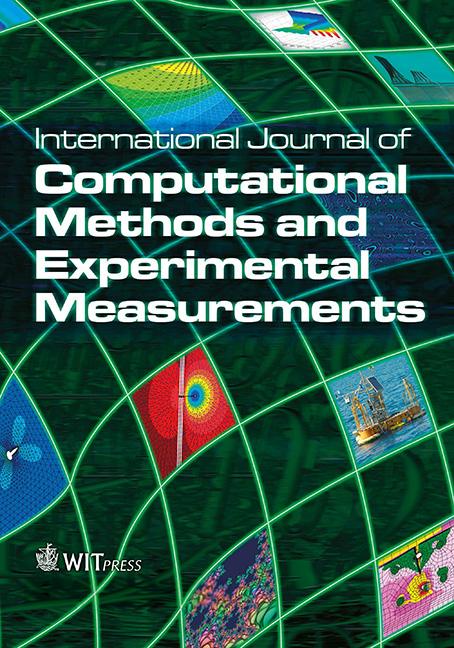Enhancing the life of mechanical systems such as refrigerator in rail transit based on life-stress model and sample size formulation
Price
Free (open access)
Volume
Volume 10 (2022), Issue 4
Pages
12
Page Range
385 - 397
Paper DOI
10.2495/CMEM-V10-N4-385-397
Copyright
WIT Press
Author(s)
Seong-Woo Woo, Dennis L. O’Neal, Yimer Mohammed Hassen, Gezae Mebrahtu
Abstract
Parametric accelerated life testing (ALT) with the reliability quantitative (RQ) specifications is rec- ommended as reliability methodology to pinpoint design flaws and correct them in transit. It covers (1) cycles of an accumulated failure rate of X% (BX) lifetime with ALT strategy, (2) fatigue design, (3) ALTs with alterations, and (4) discernment if design(s) obtains targeted BX life. The quantum/ transport-based (generalized) life-stress failure prototype and sample size formulation for generating RQ specifications were suggested. The equivalent elevated damage potential in parametric ALT was applied, represented by field power spectral density. A case study was used to evaluate a refrigerator fatigued during rail. In first ALT, for RQ specifications – 40 min, refrigerator tubes made of ethylene propylene diene monomer rubber fractured because of mount designs. The failed shape in first ALT was alike to those of the field refrigerator. After mounts and tubes were redesigned, there were no dif- ficulties during second ALT. Refrigerator was assured to fulfill a B1 lifetime for travel distance.
Keywords
design flaws, fatigue, parametric accelerated life testing, quantum/transport-based life-stress model, random vibration, sample size equation.




